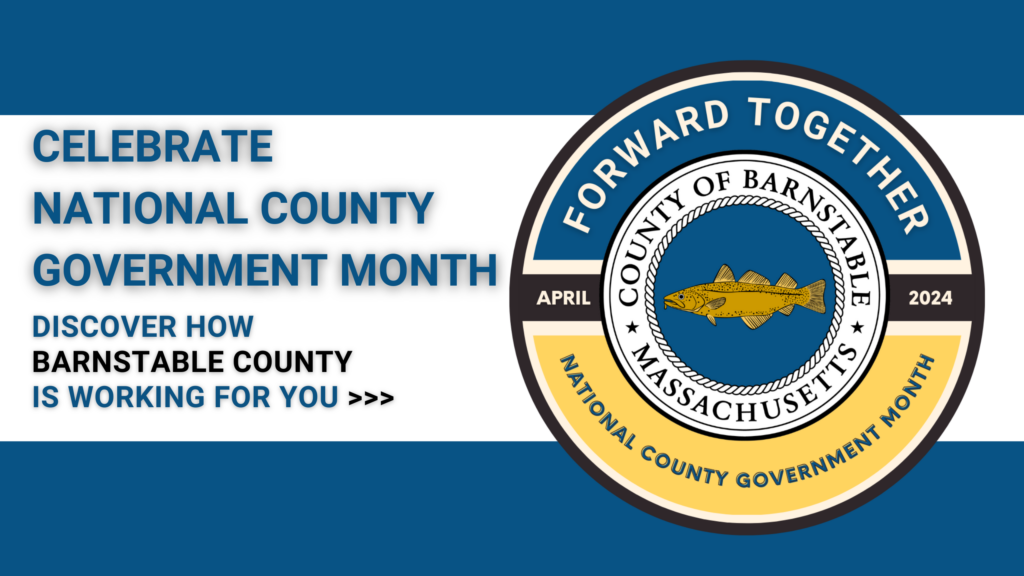
Out on the Flats: Chatham Shellfish Individual Placement
By Brian Wagenaar, Year 19 LeHac House Member
“What a year you have in store for you. I hope you like water.” Those were the first words of my introductory letter written by last year’s Town of Chatham Shellfish placement, Tom Bryson. Fortunately for myself, and for the shellfish department, I do indeed like water. Other parts of Tom’s letter touched on the highly seasonal nature of shellfishing, the difficulty and intensity of the work, and the sheer joy and sense of accomplishment that can accompany working a beautiful day out on the water. Tom’s letter served to be a great primer for my new position, as all his observations, tips, and tricks have proved true thus far.

Hailing from suburban Minnesota, my knowledge regarding shellfish and the shellfishing industry prior to starting this program back in early September was little to none. However, towards the end of my college career I became interested in marine policy, and so when it came time to submit our top choices for individual placements (IPs) back in September, I earmarked the dual placement of the Town of Chatham Shellfish Department and the Town of Eastham Natural Resources (which also has a shellfish component) as one of my top picks.
I ended up being selected for that IP, and so for just about two months now I have been thrust into the distinct world of shellfishing and shellfish propagation. This has entailed learning a good deal about shellfish regulations, propagation practices, the people who make their living shellfishing or in related industries, and Cape Codders love affair with oysters (a point reinforced by attending OysterFest, an annual oyster-centric celebration held in Wellfleet). Additionally, I have also been coming to learn about how shellfishing relates to the broader context of marine and coastal policy, my potentially desired field.

Chatham’s shellfish propagation program traces back to the mid-1970’s, stemming from the widespread desire to supplement commercial fisherman’s haul and ensure a long-term sustainable shellfishery. Quahogs have been the primary focus of the propagation program since the beginning, as they have always been the town shellfishery’s bread and butter. In the early days, the town simply bought large seed and directly planted it. Towards the end of the 1970s and into the 1980s, this practice evolved to include experiments with various strategies of planting and predator exclusion. In 1983, the program received a substantial boon in the form of a voluntary increase in the cost of a commercial shellfishing permit, with the increased amount going into a revolving fund devoted entirely to shellfish propagation.
Following a change in shellfish constables in the 1990’s, a push was made to build an upweller system that would allow for shellfish to be grown from smaller seed, lowering cost and increasing production potential. The construction of the current upweller at Old Mill Boatyard (OMBY) on Stage Harbor in 1999 corresponded with the hiring of a propagation specialist (both developments made possible by the shellfish fund). These developments were a huge leap forward for the program that remains quite similar today, with the town able to handle roughly 4 million quahogs a year. A few alterations have been made in recent years, such as the addition of Bay Scallops to the propagation program for the dual benefit of both commercial and recreational fishermen. Oysters have also become a perennial piece of the town program, with the primary purpose of benefitting recreational fishermen.
The town’s propagation program has undergone major changes since its inception more than 40 years ago, and today it serves as a useful tool not just for aiding commercial and recreational fishers, but also for cleaning the water (a singular oyster can filter up to 50 gallons of water a day), and maintaining the culture of shellfishing and fishing generally that Chatham was founded upon.
For my supervisor Rachel Hutchinson, who oversees Chatham’s impressive propagation program, the desirability of working for the town’s shellfish department lies in the variability of the work: “I love my job because it’s something new every day, plus I get to spend lots of time outside being active.”

And it’s true. You simply never know what you might be doing from one day to the next, which makes coming into work exciting and fresh. Depending on a multitude of natural and human factors, you may be in the office writing emails or entering data, cleaning the town’s indoor upweller system, checking shellfish permits, conducting a shellfish survey, hauling in oyster bags, broadcasting (essentially strategically throwing) oysters off a boat, or possibly doing all that within the span of a single day.
Besides Rachel, the Chatham Shellfish operation is headed up by constable Renee Gagne, whose work centers on checking permits and handling the regulatory side of shellfishing. Assisting the two full-time employees are a team of seasonals who work primarily summers, roughly 15 under Renee on the permitting and enforcement side, and 3 under Rachel for propagation work. Dedicated volunteers are also critical to the department, providing extra hands and expertise, largely on the propagation end. Together, these varied employees and volunteers ensure a sustainable, enjoyable, and profitable shellfishery in Chatham.

Coming to the AmeriCorps Cape Cod program from the Midwest, I would not have guessed that I would find myself out on a boat aggressively shoveling out oysters while recreational oyster fishers spy on our shellfish crew through binoculars, phone in hand to alert their friends about the location of our latest broadcast. But sometimes life presents unexpected opportunities, and I am tremendously excited to see what further opportunities and learning experiences lie in store for me on the cape and with Chatham Shellfish in the coming months.
Edited by AmeriCorps Cape Cod Program Staff



